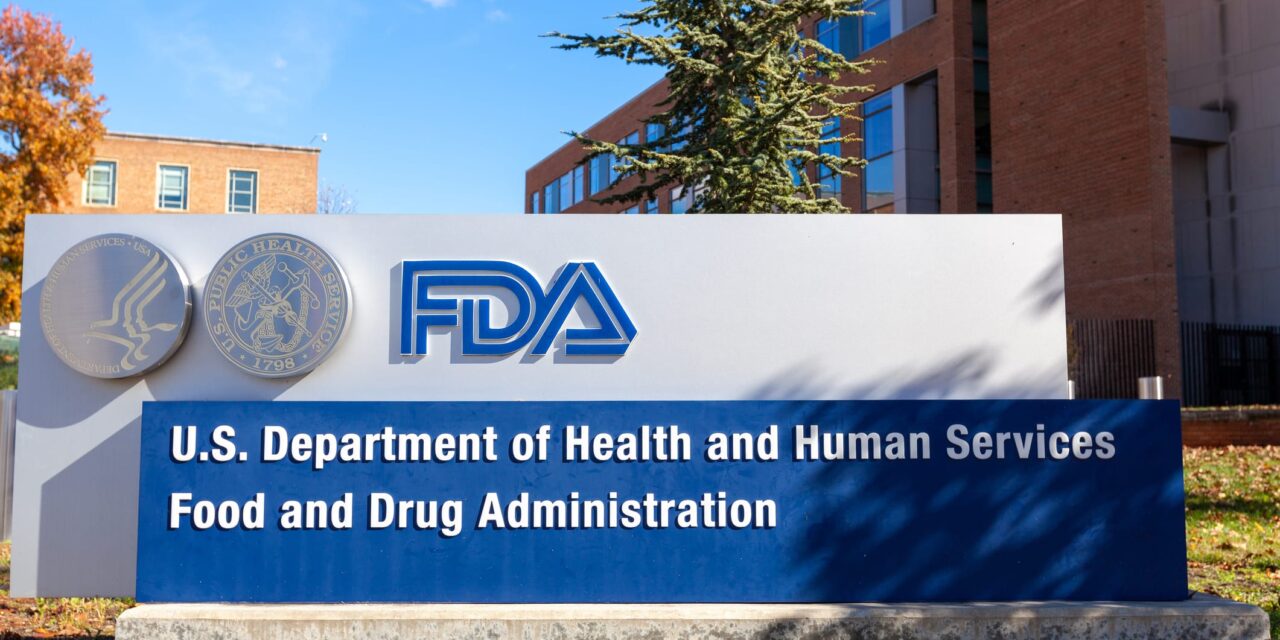
The FDA Modifies the COVID-19 Vaccine Warning Label to Incorporate Rare Heart Risk
To better reflect the uncommon risk of myocarditis, a minor heart inflammation that has manifested particularly in younger males, the U.S. Food and Drug Administration (FDA) stated on June 25, 2025, that warning labels for Pfizer and Moderna COVID-19 vaccinations will be expanded.
🧪 Has the Label Changed?
The updated label now states that there is a chance of about 8 instances for every million people who received the 2023–2024 COVID-19 vaccines and were between the ages of 6 months and 64.
The warning used to focus on guys aged 12 to 17, but it now recognizes that males aged 12 to 24 have the highest prevalence.
These modifications are the result of letters the FDA addressed to both manufacturers in April requesting more thorough labeling. This is an uncommon instance in which the agency exercises its power to compel label updates rather than merely suggesting them.
🔍 Background & Conflicts
The updated label differs from previous CDC evaluations that highlighted that vaccination-related myocarditis is typically milder and recovers rapidly, especially when compared to myocarditis caused by the COVID-19 infection itself, and found no higher risk of myocarditis in post-2022 vaccine injury data.
Critics contend that it is foolish to broaden the warning, citing public health professionals such as Dr. Robert Morris. Instead, they support studies to determine who is most likely to get myocarditis to better anticipate and reduce risks.
WDIV
🏛️ Political and Policy Background
The labeling update is a part of larger FDA actions under Commissioner Marty Makary, working with Health Secretary Robert F. Kennedy Jr. The administration has already reorganized the CDC’s vaccine advisory panel to include several individuals with anti-vaccine backgrounds and limited annual COVID-19 booster recommendations to higher-risk groups (like older adults).
A more conservative regulatory approach has also been indicated by the FDA, which has indicated that seasonal modifications to vaccination formulations should be handled as new products needing further research and clearance.
The Significance of It
Stakeholder Consequences
- Young adults and parents’ Vaccination decisions for those aged 6 months to 24 years may be influenced by increased knowledge about myocarditis risk.
- Healthcare professionals must assess the advantages of the COVID-19 vaccine and advise patients of updated risk profiles, particularly for low-risk individuals.
- Public Health Communications label warnings are expanded without providing information regarding severity and rarity, which could exacerbate vaccine reluctance.
- Regulatory cases signify a change to more aggressive FDA label enforcement and customized vaccine advice.
Context:
Although post-vaccination myocarditis is still very uncommon, the FDA’s revised label indicates a greater focus on risk communication and transparency. Experts warn that the action could inadvertently increase public concern in the absence of balanced messaging. They contend that while COVID-19 variations continue to change, future tactics should continue to identify those who are at risk while maintaining faith in vaccines as a vital line of protection.
✅ Last Point:
The FDA’s decision to mandate label changes for Pfizer and Moderna vaccines highlights the continuous conflicts between ensuring that rare risk disclosures do not jeopardize vaccine adoption and safeguarding public health via transparency. The impact in the real world will rely on how well health professionals interpret these changes as the agency functions under new leadership and changing advisory arrangements.






